All about Quantum Computing - Quantum Computing Insights
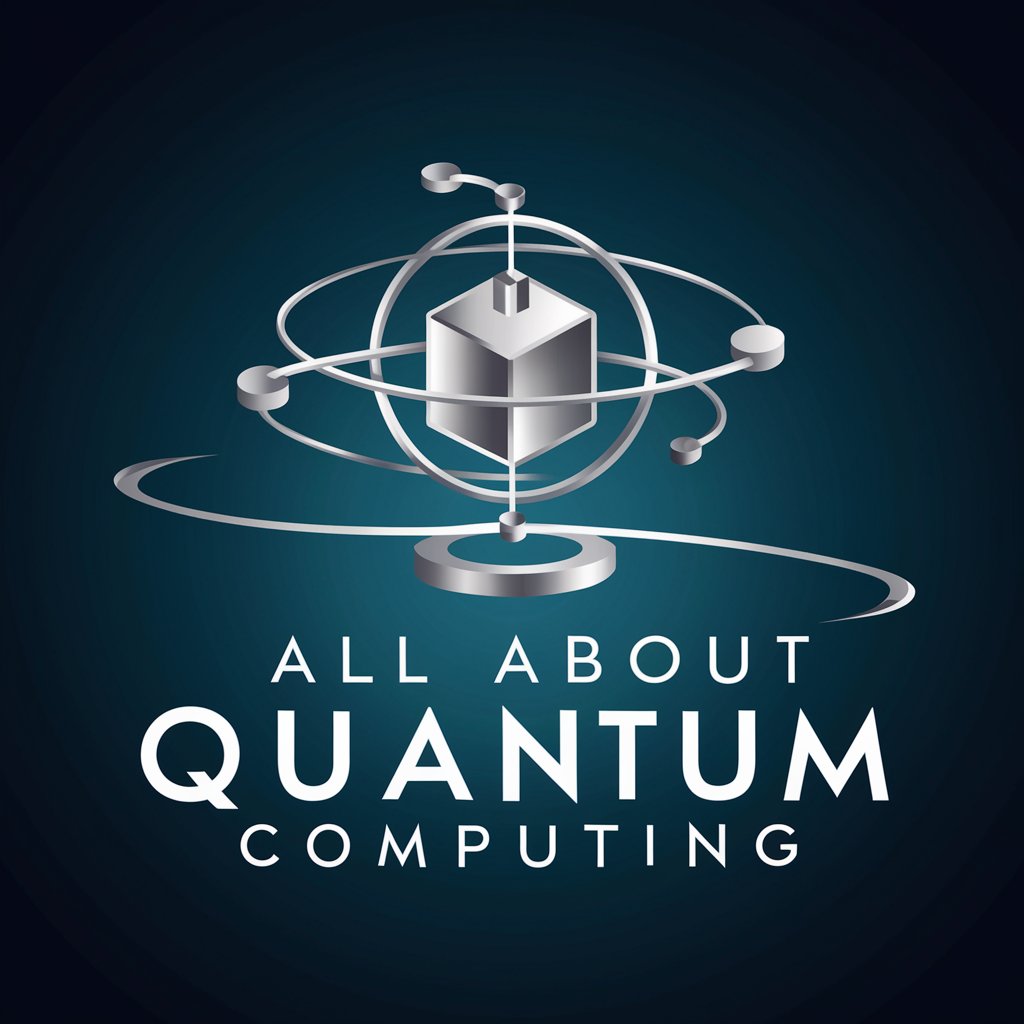
Welcome to the Quantum Realm with 'All about Quantum Computing'!
Demystifying Quantum Computing with AI
Explain the concept of quantum superposition in simple terms.
How does a quantum computer differ from a classical computer?
What are the practical applications of quantum computing in today's world?
Can you provide a basic example of a quantum algorithm?
Get Embed Code
All about Quantum Computing: An Overview
All about Quantum Computing is a specialized GPT designed to make the complex field of quantum computing accessible to a wide audience. This GPT serves as a comprehensive guide, offering clear and understandable explanations of quantum mechanics and computing principles, practical guidance on quantum software and programming, hands-on exercises to reinforce learning, and expert insights into the latest developments in the quantum field. It is designed to demystify the complexities of quantum computing through a balanced approach of formal and informal communication, making it suitable for both beginners and experienced professionals. For instance, a scenario illustrating its use could involve a beginner seeking to understand the concept of qubits and superposition, to which All about Quantum Computing would provide a simplified explanation, possibly accompanied by a practical exercise using Qiskit to simulate a quantum circuit. Powered by ChatGPT-4o。

Core Functions and Real-World Applications
Demystifying Quantum Computing
Example
Explaining the principles of quantum entanglement and superposition with everyday analogies.
Scenario
Used in educational settings or workshops to introduce students to quantum computing concepts without requiring a background in advanced physics.
Quantum Software and Programming Assistance
Example
Guidance on using Qiskit to create and simulate quantum circuits.
Scenario
Assisting researchers or developers in implementing quantum algorithms for specific projects, such as quantum cryptography.
Practical Exercises in Quantum Computing
Example
Providing step-by-step exercises for building a quantum teleportation protocol using Pennylane.
Scenario
Used by self-learners or in academic courses to provide hands-on experience with quantum computing concepts and their applications.
Expert Guidance in the Quantum Field
Example
Offering insights into the latest quantum computing research and its implications for the field.
Scenario
Supporting professionals in staying updated with the cutting-edge developments and how they can be applied in their work.
Teaching Quantum Algorithms
Example
Detailed tutorials on algorithms like Shor's or Grover's, including their theoretical background and practical implementation.
Scenario
Useful for advanced students and researchers looking to deepen their understanding of quantum algorithms and their applications in problem-solving.
Target User Groups for All about Quantum Computing
Quantum Computing Beginners
Individuals with an interest in quantum computing but limited background in quantum mechanics or computer science. They benefit from the simplified explanations, introductory guides, and basic programming exercises.
Quantum Software Developers
Professionals and hobbyists looking to develop quantum computing applications or explore quantum programming languages. They benefit from practical programming assistance, software recommendations, and development tips.
Academic Researchers
Students and faculty members engaged in quantum computing research. They benefit from advanced tutorials, exercises, and insights into the latest quantum computing developments and research findings.
Educators and Trainers
Those teaching quantum computing concepts at various levels, from high school to university. They can leverage this GPT to design curriculum, create engaging content, and provide students with hands-on exercises and real-world examples.

How to Use 'All about Quantum Computing'
Start Your Quantum Journey
Begin by visiting a platform offering immediate access to 'All about Quantum Computing', such as yeschat.ai, for a hassle-free trial that doesn't require login or subscription to ChatGPT Plus.
Identify Your Quantum Interest
Determine your area of interest within quantum computing, whether it be understanding basic quantum principles, diving into quantum algorithms, or exploring quantum programming.
Engage with Custom Queries
Utilize the chat interface to ask specific questions related to quantum computing. The tool is designed to provide tailored responses, from beginner concepts to advanced topics.
Experiment with Practical Exercises
Take advantage of practical exercises and examples provided to solidify your understanding and apply quantum computing concepts in real-world scenarios.
Explore Advanced Features
For users with a deeper interest or background in quantum computing, delve into discussions on latest quantum algorithms, software, and technological advancements.
Try other advanced and practical GPTs
Reference Generator
Empowering Research with AI-Powered Citations
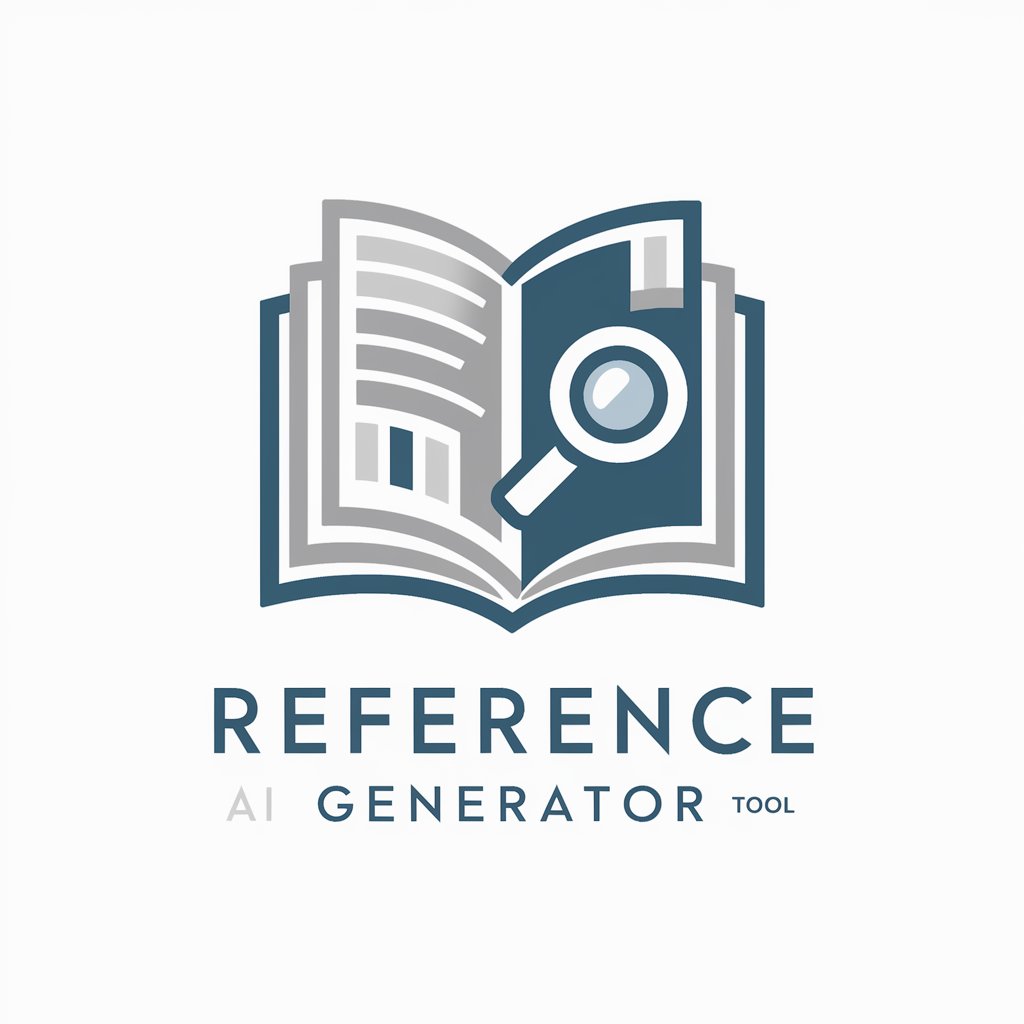
Bible Comics
Bringing Bible Stories to Life with AI

GOD
Enlightening Minds with AI Wisdom

Virtual Debate Coach
Sharpen Your Arguments with AI
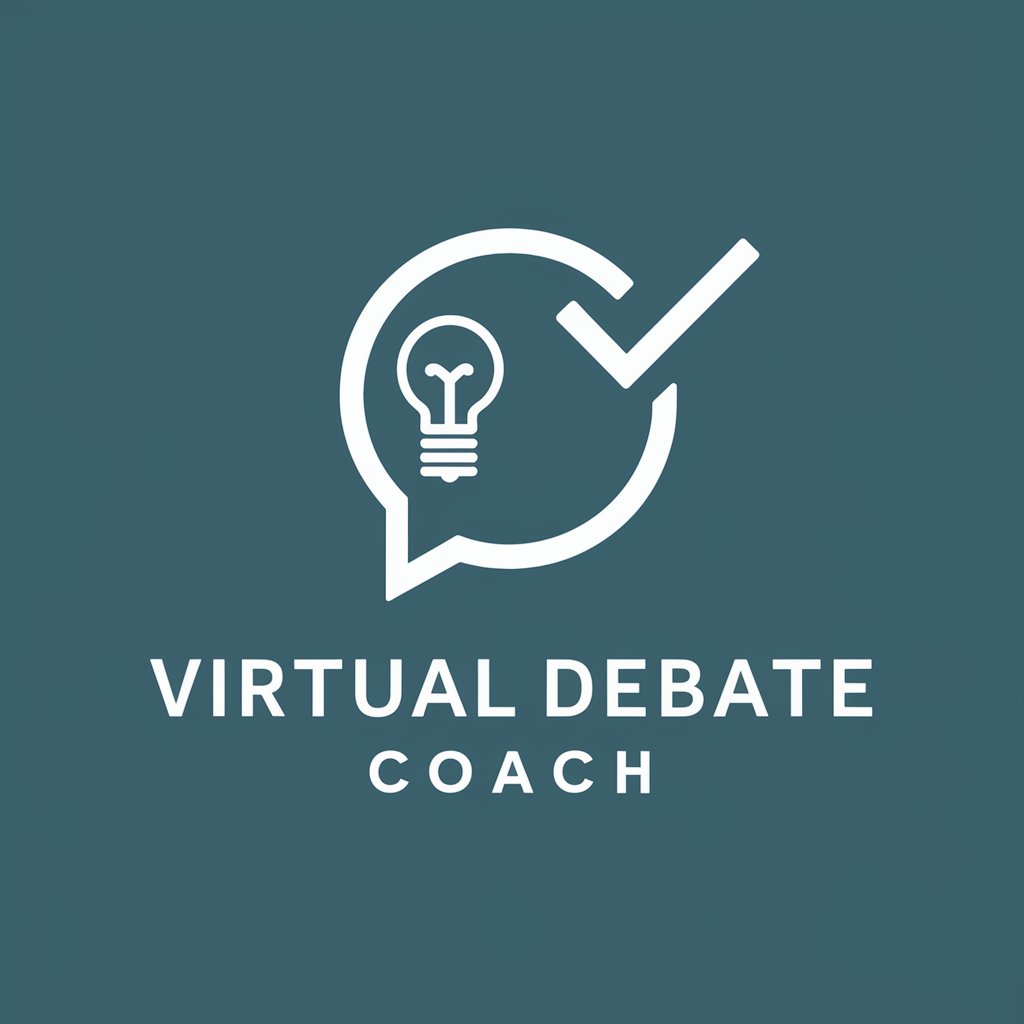
Marketing Ai
Elevate Your Marketing with AI

Godot Docs
Empowering Game Development with AI
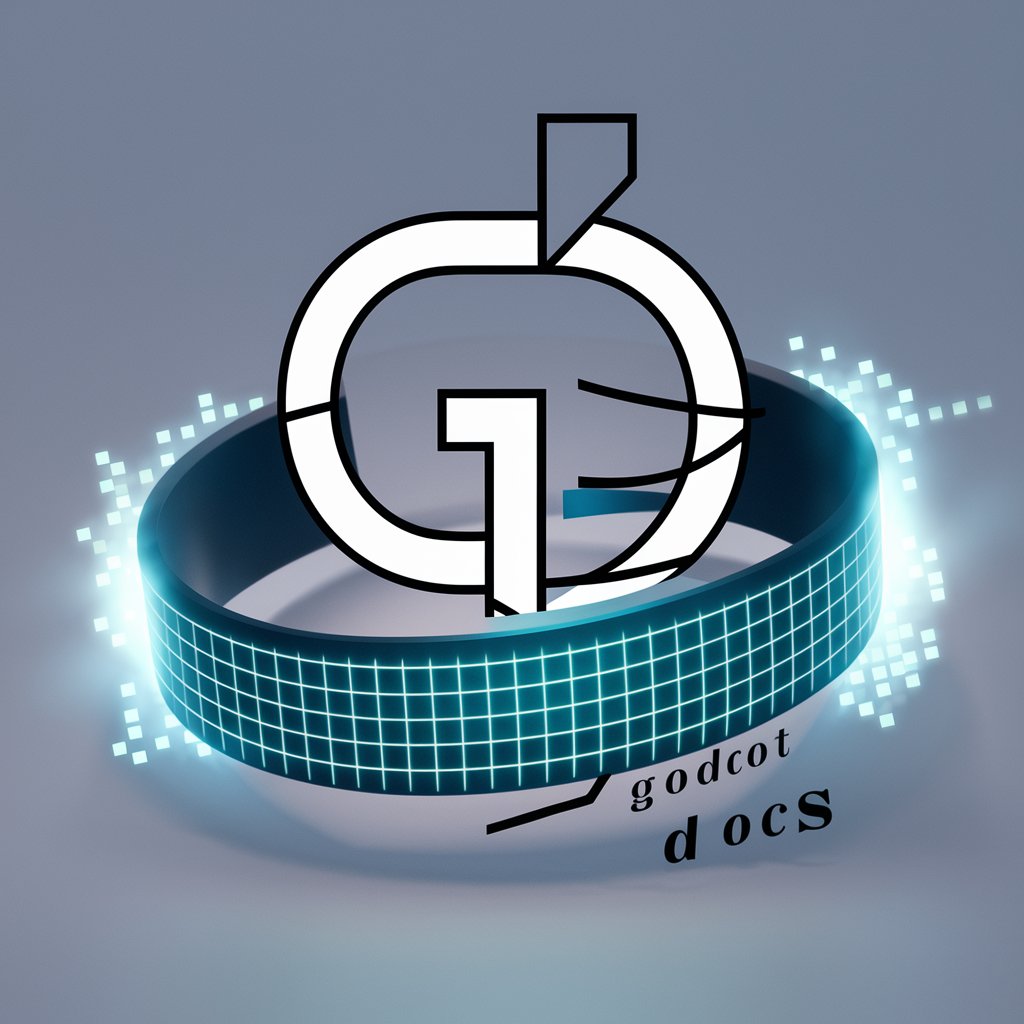
wAIno - your AI Sommelier
Your Personalized AI Sommelier

Sales Funnel Graphics Creator
Design Your Sales Funnel Visually with AI

Channel Champion
Empowering content with AI-driven insights.

Jodorowsky Tarot & Psicomagia Guide
Unleash creativity and growth with AI
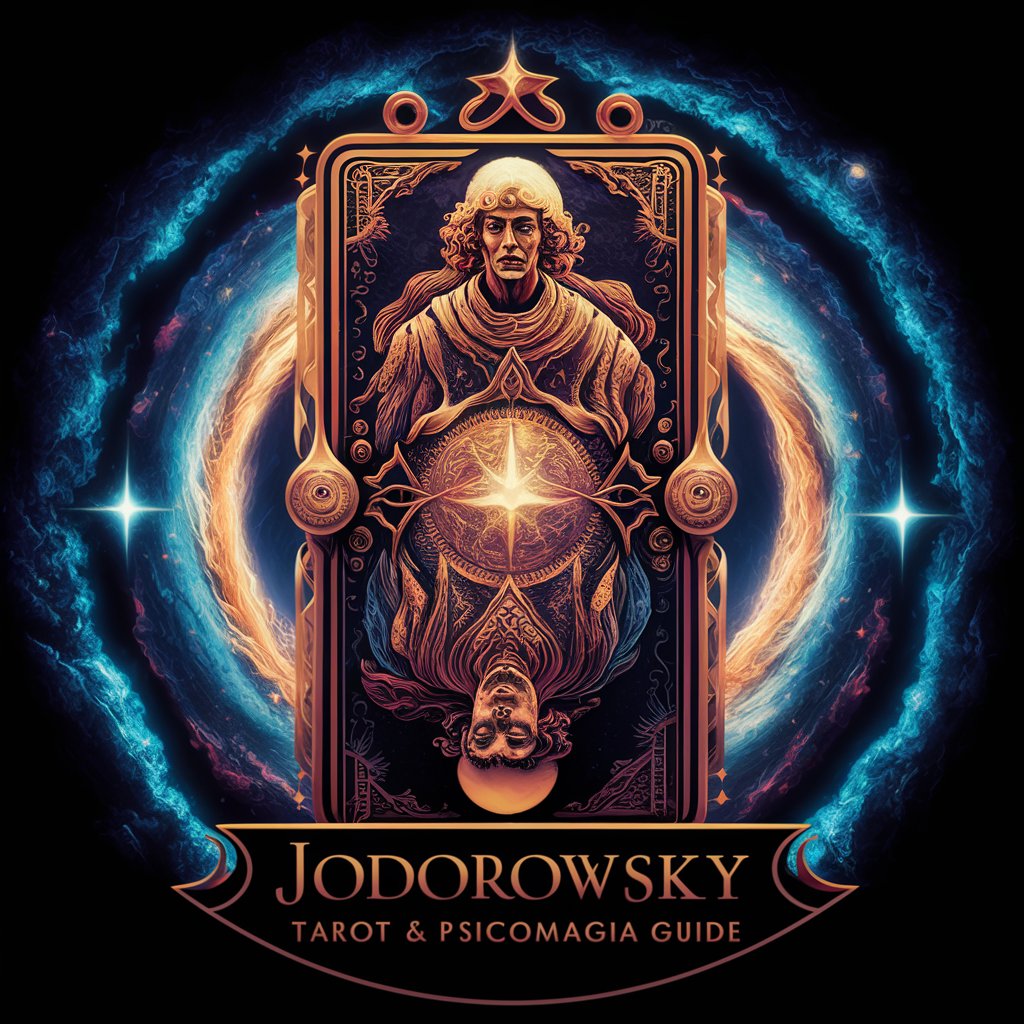
Cat Care Assistant
Empowering cat owners with AI-driven care guidance.

Astute Advisor
Empowering digital transformation with AI
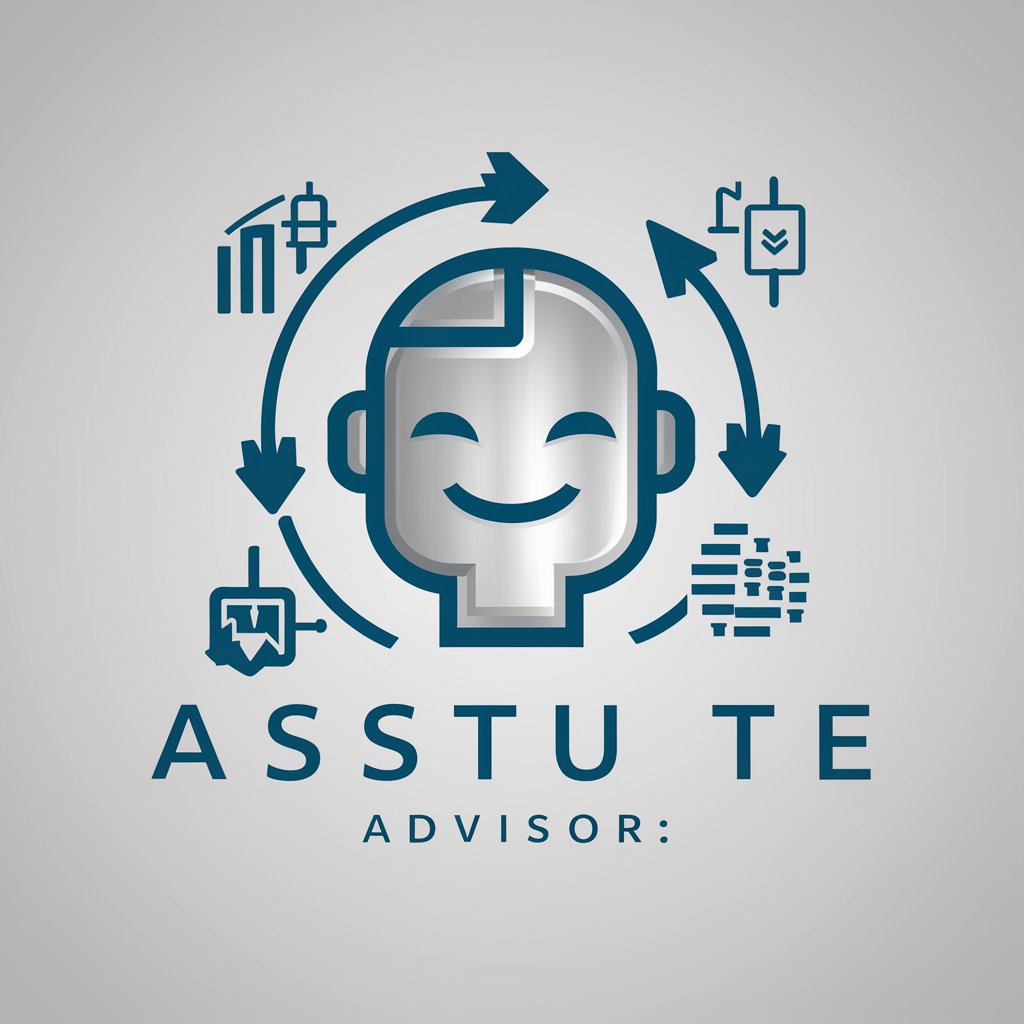
Detailed Q&A about 'All about Quantum Computing'
What is 'All about Quantum Computing'?
'All about Quantum Computing' is a specialized AI tool designed to guide users through the complexities of quantum computing. It provides explanations, programming assistance, practical exercises, and expert guidance on quantum algorithms and the latest developments in the field.
How can beginners start learning about quantum computing with this tool?
Beginners can start by asking basic questions about quantum mechanics and computing principles. The tool offers clear, jargon-free explanations and introductory exercises to build foundational knowledge.
Can this tool help with quantum programming?
Yes, it offers guidance on quantum programming languages, such as Qiskit or Pennylane, including code examples, debugging tips, and best practices for developing quantum algorithms.
What advanced topics can experts explore?
Experts can dive into discussions on cutting-edge quantum algorithms, quantum error correction, quantum cryptography, and the integration of quantum computing with classical systems.
How does this tool stay updated with the latest in quantum computing?
It leverages primary sources like Qiskit, Pennylane, Microsoft Quantum, and NVIDIA CUDA Quantum, ensuring the information provided is current with the latest research and developments in the quantum computing field.
